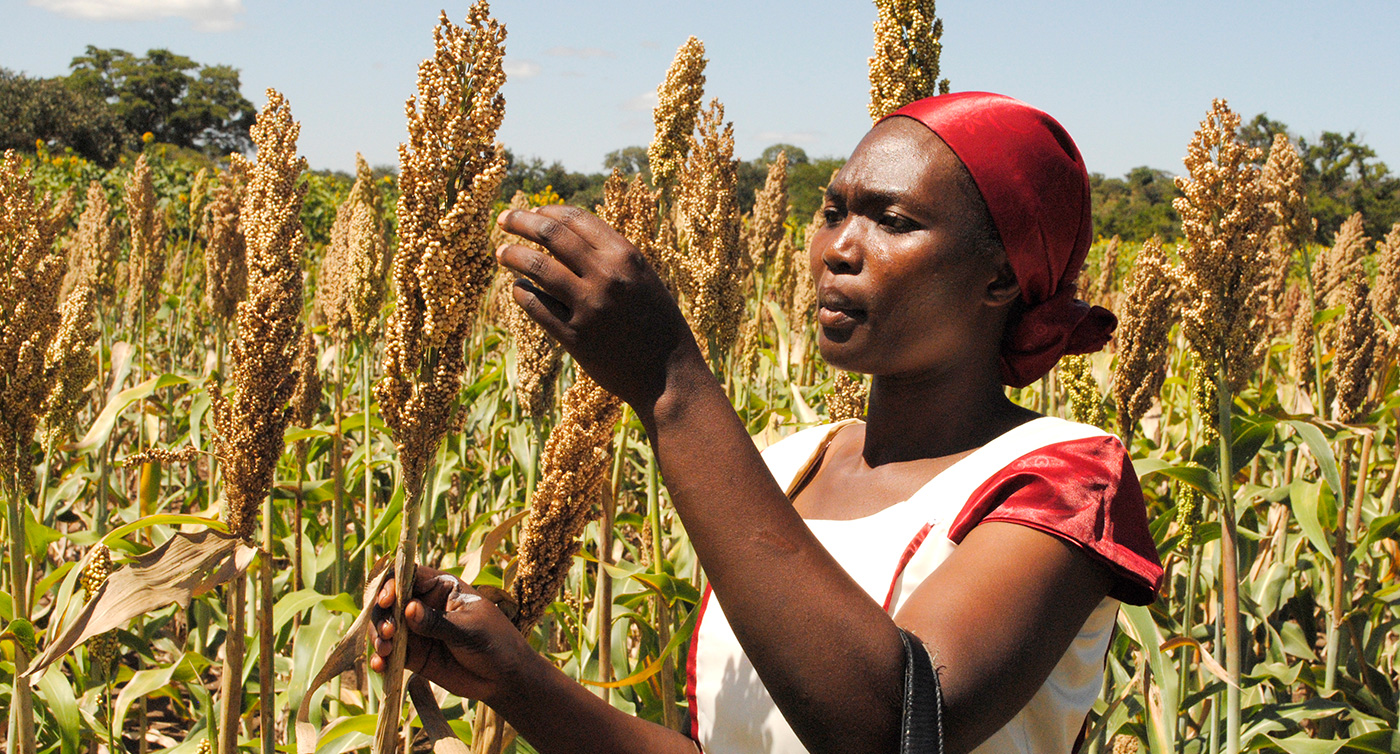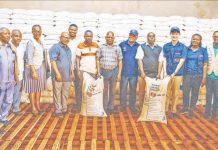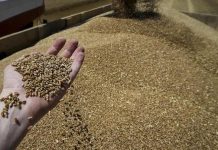AfricaPress-Tanzania: TBL Plc has agreed to collaborate with the Farm to Market Alliance (FtMA) and key alliance members like the World Food Programme (WFP) in Tanzania to support smallholder sorghum farming in Tanzania.
The collaboration kicked off with a pilot project where TBL has agreed to purchase the sorghum produced by approximately 1,400 smallholder sorghum farmers in Dodoma and Manyara.
TBL, FtMA and WFP support the farmers with access to sorghum seed, crop insurance, sorghum crop management protocols, agricultural extension services and improved aggregation and market access to maximize their harvest.
TBL Plc Managing Director, Philip Redman, said that the project will play a crucial role in raising production of sorghum in the country, a development that will assure farmers a reliable source of income.
The company sources sorghum locally from smallholder farmers and by collaborating with FtMA and WFP, it is collectively working to strengthen the value chain and to increase the livelihoods of Tanzania’s smallholder farmers who are essential part of its supply chain.
“We believe in developing robust, sustainable and inclusive value chains are positive about our partnership with FtMA and WFP, the farmers will get production support in the form of seeds, training materials and agronomic extension services which will in turn help to raise sorghum production,” he said.
He added, “We are also looking to roll-out the BanQu Blockchain platform, which will increase transparency and traceability into our supply chain.
BanQu enables farmers to have an immutable digital record of their financial transactions including production, sales, purchases (inputs), repayments and enables the farmer to be paid via mobile money.
This ensures food security for farmers and promotes financial inclusion, increasing the bankability of these farmers. Increased production, with TBL Plc as the buyer, will also serve as a source of income for them for improving their economic positions.”
Last year TBL spent over 36.6bn/- on the sourcing of local raw materials as part of its wider local content development programme.
“We believe that our contribution through local sourcing programmes stands with the government’s wider efforts towards enhancing Tanzania’s economy,” he said.
“To this end, our business has made significant investments in supporting our smallholder farmers in Tanzania with the products and services like Kilimo Uza: a bulk SMS and USSD platform to send farmers weather, market and agronomic information; An input advance credit scheme, coupled with financial literacy training, for the procurement of quality inputs and services.
Others are research trails in Tanzania for developing improved sorghum seed varieties and research based crop management protocols tailored to the Tanzanian context; and Agronomic training and support throughout the season, to inculcate sustainable agronomic practices,” said Redman.
The WFP Tanzania Country Representative, Michael Dunford said the access to reliable markets is one of the many barriers holding back smallholder farmers from breaking out of subsistence farming.
“While we are working with sorghum farmers to invest in increased production beyond household use we also need to ensure commercial buyers such as TBL Plc are there to purchase the surplus, boosting the livelihood of farmers,” he said.
In 2018, ABInBev publicly committed to skill, connect and financially empower their direct farmers by 2025.







